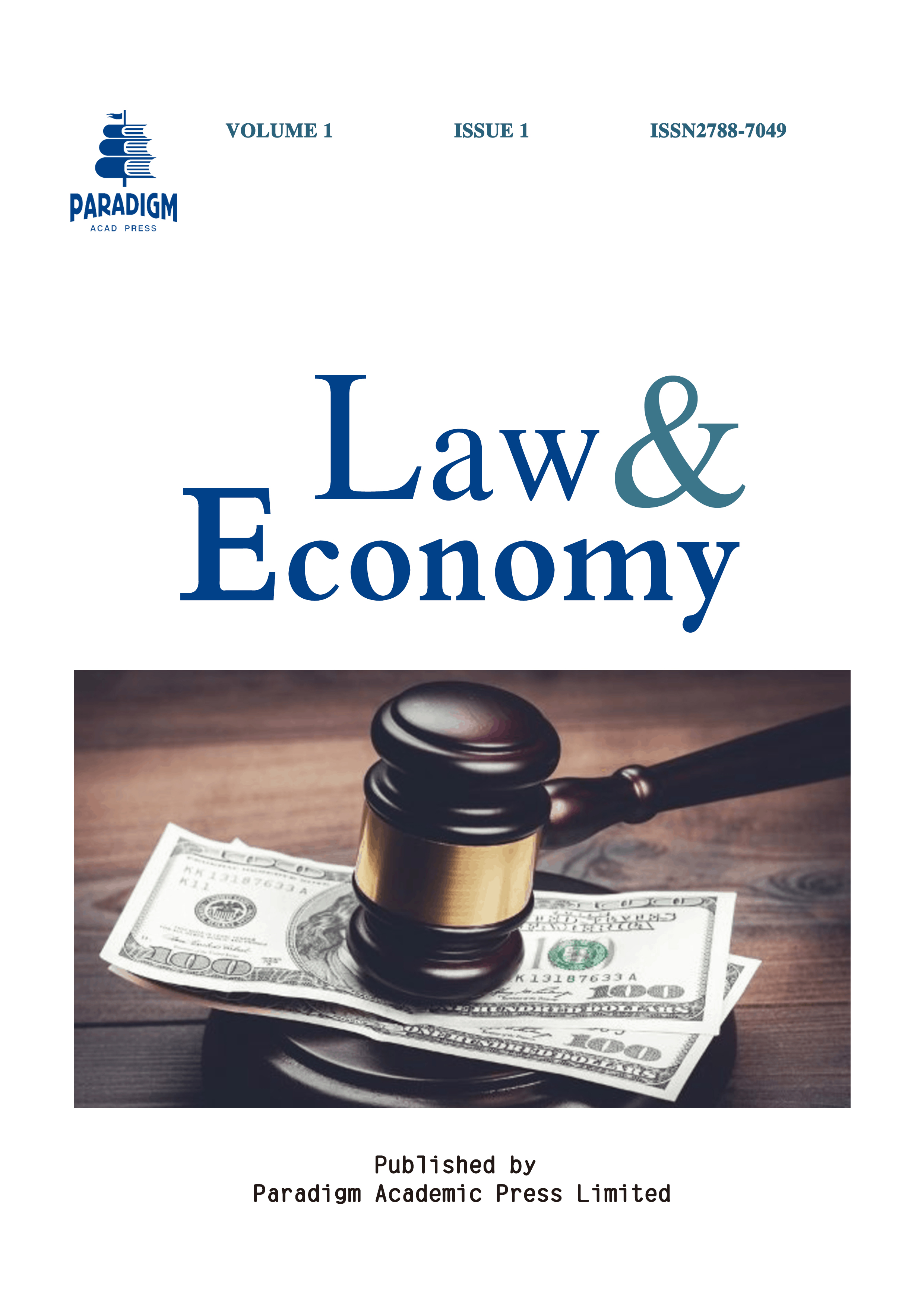Income Tax Rate Regimes and Financing Decisions of Quoted Agricultural Companies in Nigeria
Keywords:
company income tax rate regimes, equity financing decision, debt financing decision, retained earnings financing decisionAbstract
The purpose of the study was to examine income tax rate regimes and financing decisions of quoted agricultural companies in Nigeria. The specific objectives were as follows: to ascertain the extent to which company income tax rate regimes influence equity financing decision of the Nigerian quoted agricultural companies, to determine the extent to which company income tax rate regimes influence debt financing decision of the Nigerian quoted agricultural companies, and to investigate the extent to which company income tax rate regimes influence retained earnings financing decision of the Nigerian quoted agricultural companies. The study employed an ex-post facto research design in carrying out the study. Data for this study were gathered from secondary sources of data. The research data were obtained from various secondary sources which include Central Bank of Nigeria Statistical Bulletin, Central Bank of Nigeria Annual reports, Federal Inland Revenue Service (FIRS) revenue statistics as well as other researchers’ journals and publications. The study employed regression models for the purpose of the study. The major findings of this study showed that CIT1 had a positive and insignificant effect on company financing decisions, CIT2 had a negative and insignificant effect on company financing decisions, and CIT3 had a positive and significant effect on company financing decisions. Arising from the results obtained, the study makes the following recommendations: Government should make it possible for companies to evade tax and penalize any registered company that evades tax.


